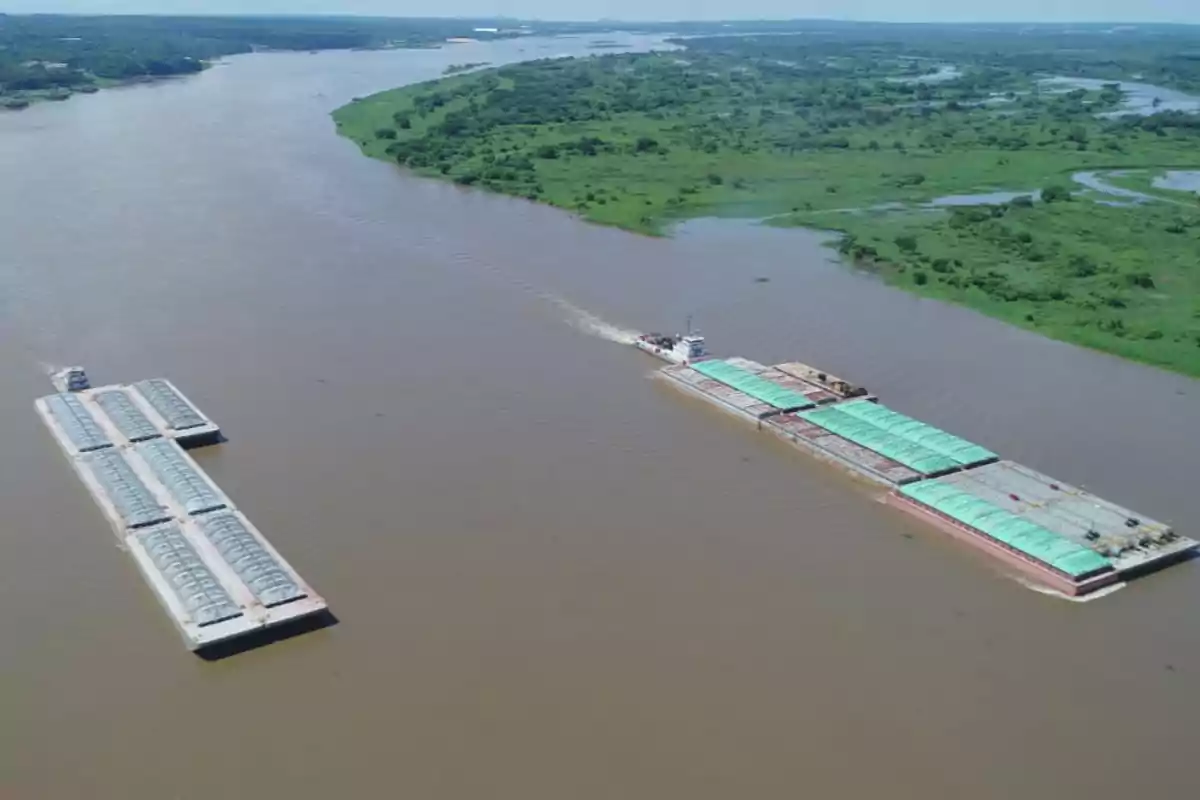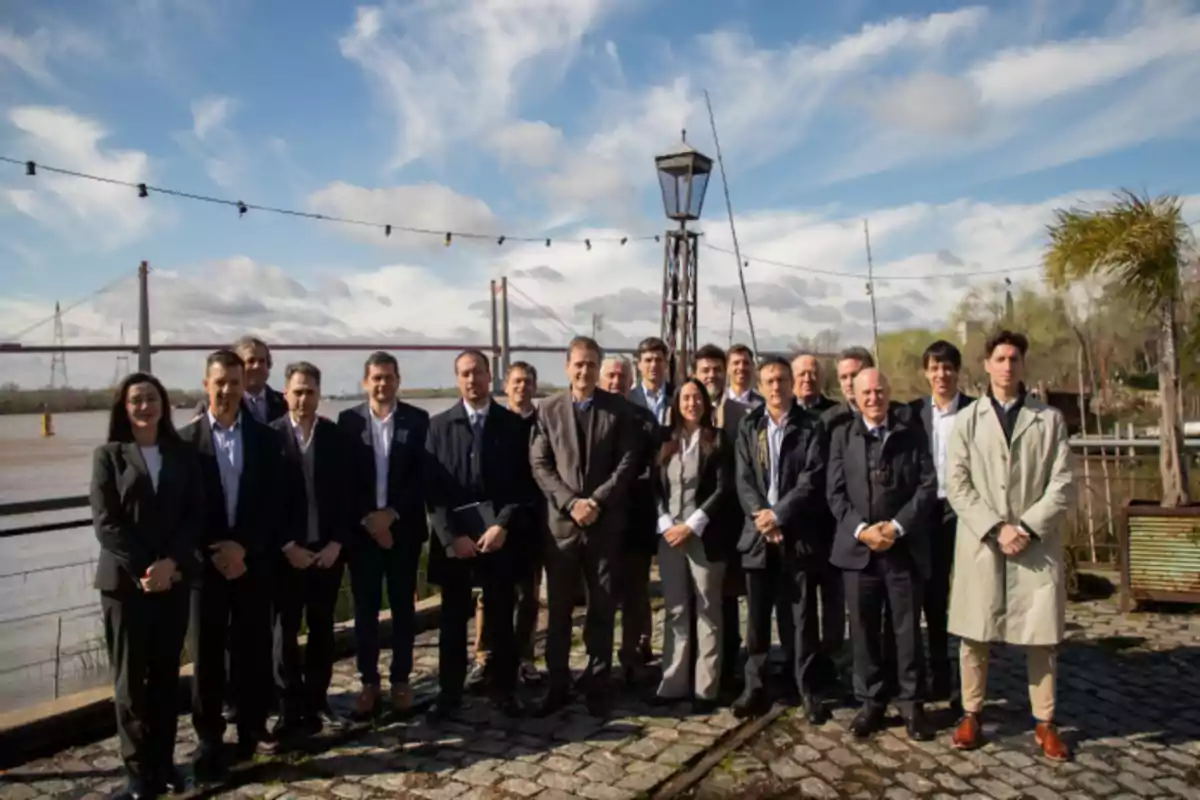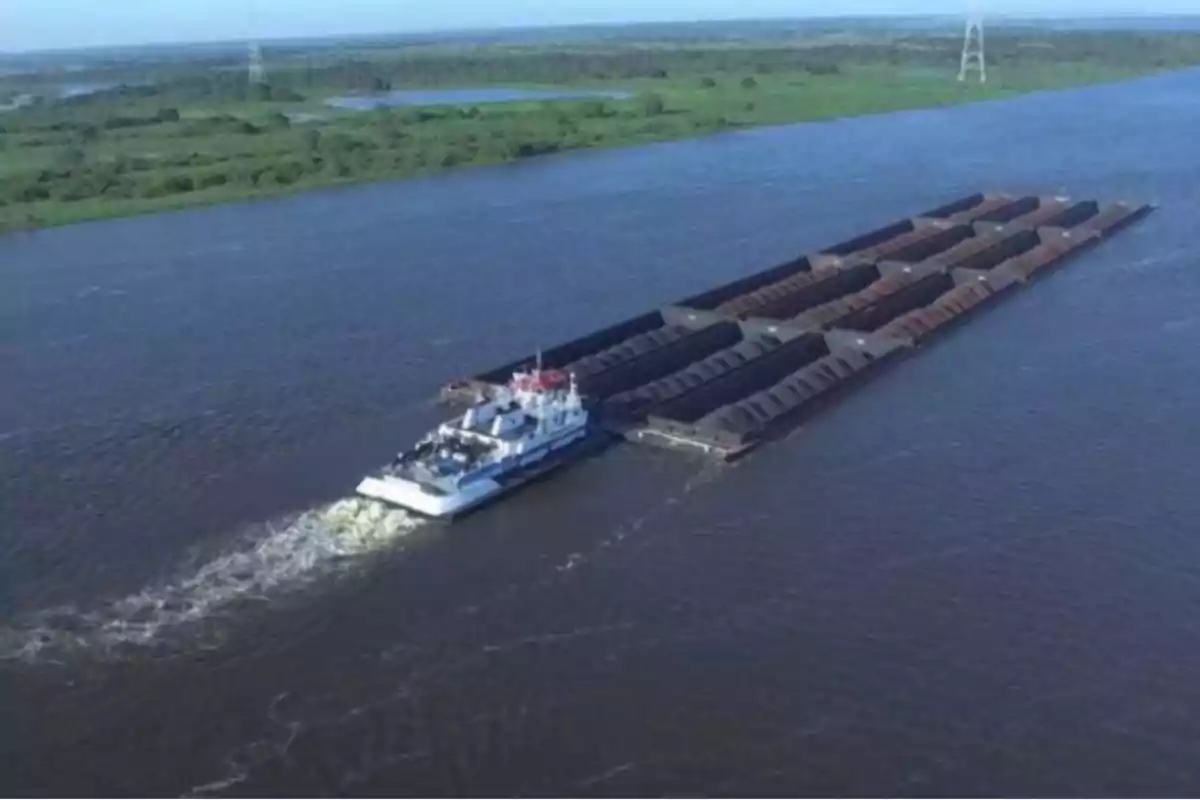
Paraná-Paraguay Waterway: entities reached a consensus on the tariff system
Industrial and port entities agreed on a tariff system for the future concession, focusing on competitiveness and logistical development
Various business and port entities reached an agreement regarding the tariff system that will govern the next concession of the Paraná-Paraguay Waterway. The understanding emerged within the framework of the Intersectoral Dialogue Tables promoted by the National Ports and Navigation Agency, with the participation of the Argentine Industrial Union (UIA), the Rosario Stock Exchange, CIARA-CEC, the Chamber of Private Commercial Ports, and the Chamber of Port and Maritime Activities.
This step will allow progress toward a comprehensive scheme that considers different logistical needs, as a result of an open debate process among the main users of the river system.
A proposal to modernize the navigable waterway
At the last technical meeting held in Zárate, the entities presented a consensus proposal to the authorities. The proposal includes maintaining the current section scheme, but with a draft and cargo capacity limit for passenger and goods transport vessels.

This format seeks to balance the different positions of the private sectors, while guaranteeing predictability in the use of the waterway.
Strategic objectives: exports and efficiency
One of the central points of the agreement is the need to enhance Argentina's export capacity. To this end, the parties requested that the construction deadlines be shortened as much as possible to achieve an initial depth of 40 feet (12.19 meters) in the next bidding document.
The measure aims to improve international competitiveness, always considering the corresponding environmental impact studies.

Additionally, the entities requested that toll costs be released, which would allow for greater transparency in containerized cargo operations and facilitate the evaluation of benefits for foreign trade.
Value of intersectoral dialogue
The organizations highlighted the role of the National Ports and Navigation Agency as coordinator of the technical meetings. The institutional setting made it possible to channel concerns regarding economic, control, and environmental issues.
The signatories agreed that constant dialogue is an essential element for achieving a more efficient, modern, and sustainable concession, for the benefit of the country's production and competitiveness.
More posts: